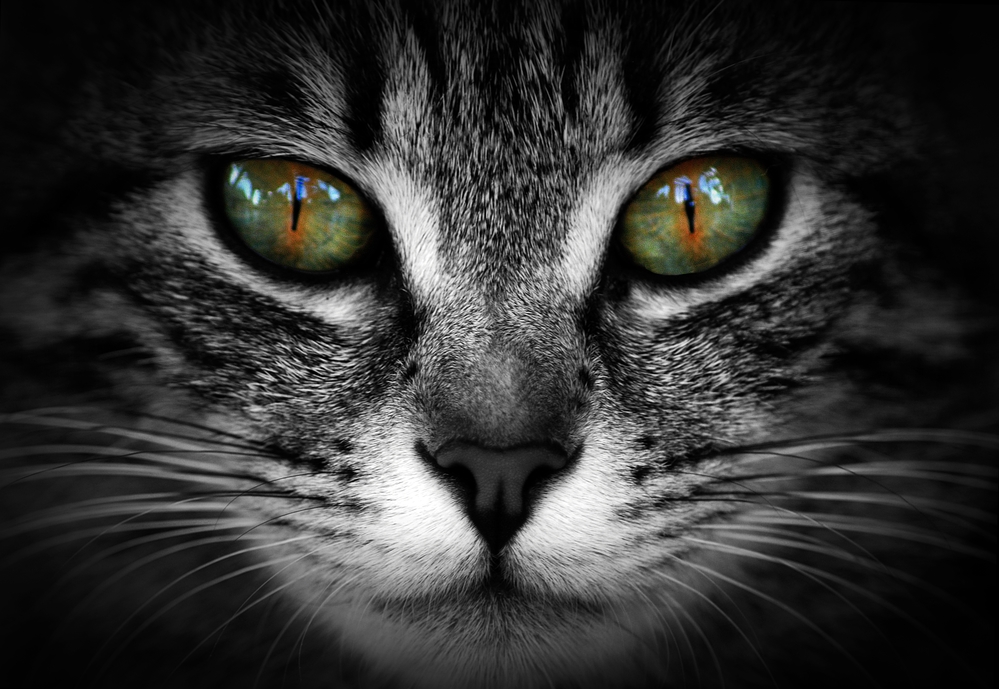
T.S. Eliot famously argued that:
The naming of cats is a difficult matter,
It isn’t just one of your holiday games;
You may think at first I’m as mad as a hatter
When I tell you, a cat must have THREE DIFFERENT NAMES.
Given the challenges of correctly naming these famously independent and unpredictable animals, it can be no surprise that debate continues over what to call that group of famously independent and unpredictable humans known as libertarians, or classical liberals or Old Whigs or real liberals or…you name it.
Daniel Klein suggests “true liberals” which strikes me as charmingly bumptious, but likely to disintegrate into an endless series of “no true Scotsman” arguments. Given that members of the group in question—regardless of what it is called—are often in ferocious disagreement over who should be counted as a part of it, it might be best not to make vigorous claims about an agreed-upon orthodoxy.
Steve Davies proposes “individualist” and “individualism” instead. While I have, like Alberto Mingardi, strong sympathies with this approach, and with Davies’s arguments against other suggested terms, I confess that I have seen Monty Python’s Life of Brian a few too many times to feel entirely comfortable with this label either.
I’m all right with that, though. While I would never suggest modeling one’s general behavior on politicians, there is something to be said for the response of the (probably apocryphal) Congressman who was asked to explain his attitude towards whiskey. He replied:
If you mean the demon drink that poisons the mind, pollutes the body, desecrates family life, and inflames sinners, then I’m against it. But if you mean the elixir of Christmas cheer, the shield against winter cheer, the taxable potion that puts needed funds into public coffers to comfort little crippled children, then I’m for it.
While the final line of the speech, “This is my position, and I will not compromise,” is meant to ironically demonstrate the timeserving flip-flopping endemic to politicians, it might also be a helpful reminder for us, as we debate what we are called, what we should be called, and what we want to be called.
As Mingardi notes in his post the other day “You can use one word or another depending on how other people use them, and what really matters is the meaning _they_ attach to them.” With that in mind, might we not do well, when asked to claim a group identity, to say something like:
If you mean that vile and selfish crew that puts the interests of business before all other concerns, makes wage slaves of workers, and enriches the wealthy at the expense of the poor, then I will have no part of it. But if you mean that collection of freethinkers that liberates the mind of humanity, unchains the body of the captive, and allows individuals to engage in voluntary and peaceful transactions without interference, than I am for it.
After all, T.S. Eliot reminds us that, no matter how aptly a non-cat may name a cat, there is always
…one name left over,
And that is the name that you never will guess;
The name that no human research can discover—
But THE CAT HIMSELF KNOWS, and will never confess.

Comments are closed.